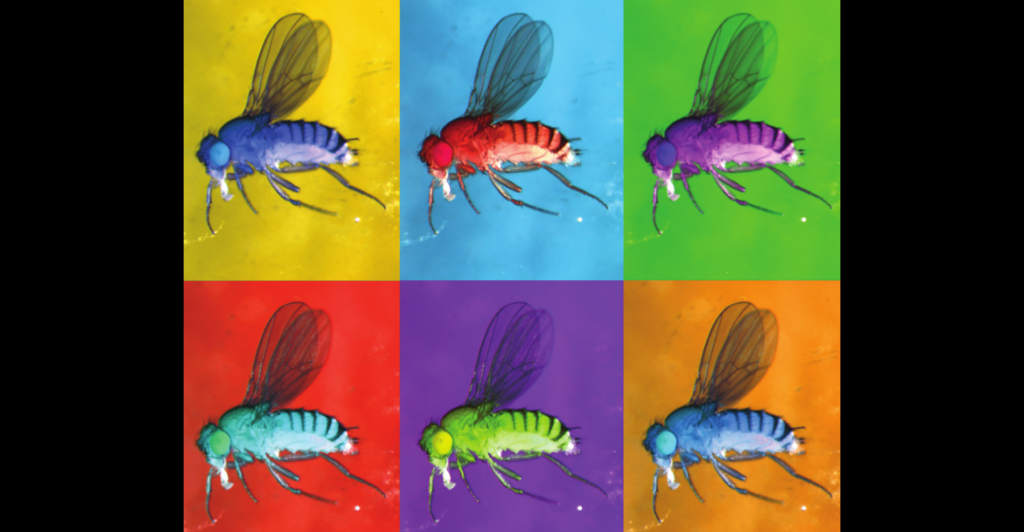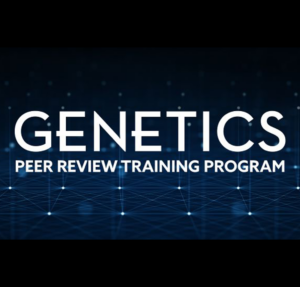FlyBoard is pleased to offer funding to five outreach programs, which aim to increase early career scientist participation, equity, and diversity in the Drosophila research community.
Amos Abolaji, Drosophila Research and Training Centre
The Drosophila Research and Training Centre (DRTC) is a not-for-profit and non-political organization based in Ibadan, Oyo, Nigeria. It facilitates the use of Drosophila melanogaster as a cost-effective, alternative model for biomedical research and teaching in Sub-Saharan African countries. As part of its Drosophila for Schools initiative, DRTC will work with 10 public and private secondary schools in Ibadan to introduce students to Drosophila research. Researchers will visit the schools to discuss the importance of fly research and demonstrate fly handling and microscopy, and two students from each school will then visit the DRTC for further training.
Dotun Adeyinka, Science Education for Youngsters
Science Education for Youngsters (SEFY) is a registered non-governmental and non-profit organization working to create science-awareness in Nigeria. In collaboration with Osun State University, SEFY will organize an event for 50 secondary school students in Osogbo, Nigeria to introduce the Drosophila model system, demonstrate lab equipment, and carry out hands-on training using Foldscope microscopes.
Eric Hastie, Discovering Drosophila Development
Discovering Drosophila Development is a summer research experience for undergraduates, which will be held at UNC-Chapel Hill (UNC-CH) in collaboration with Durham Technical Community College (DTCC). About 10-15 DTCC students will be trained in multiple scientific techniques to conduct student-driven discovery with unknown outcomes including: meeting and collaborating with scientists in UNC-CH Drosophila labs, learning fly culture and maintenance, researching literature to develop hypotheses, and using microscopy and antibody labelling. The goal of the program is to create micropublications via microPublication Biology and to encourage DTCC students to transfer to UNC.
Stephen Klusza, Genomics Education Partnership
The Genomics Education Partnership (GEP) is a 140+ faculty collective that provides undergraduate students with bioinformatic CUREs on manual gene annotation in multiple Drosophila fruit fly species. As part of a global initiative to increase accessibility and diversity retention, GEP is working to translate their “Understanding Eukaryotic Genes” modules on manual gene annotation for undergraduates from English to Spanish. They are also creating accompanying Spanish-language videos. These new materials will be a first step to recruiting and retaining English as a Second Language students in Drosophila research across all postsecondary institutions.
Alana O’Reilly, eCLOSE Institute
The eCLOSE Institute will host a one-week summer camp program that introduces biomedical research to students in Philadelphia, more than 60% of whom are under-represented minorities. Due to Covid-19, the current hybrid format will ship students a “lab in a box” that they use to investigate the influence of diet on Drosophila development, guided by online instructors. The program aims to increase students’ research literacy, providing them with an understanding of what a research career is and technical and conceptual foundations for continuation in science.




